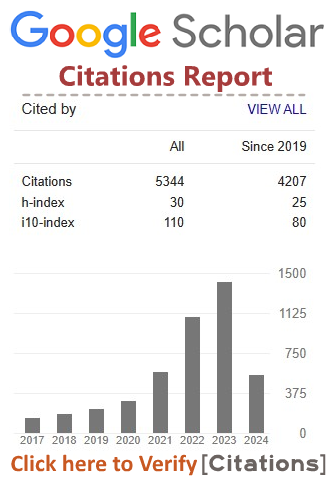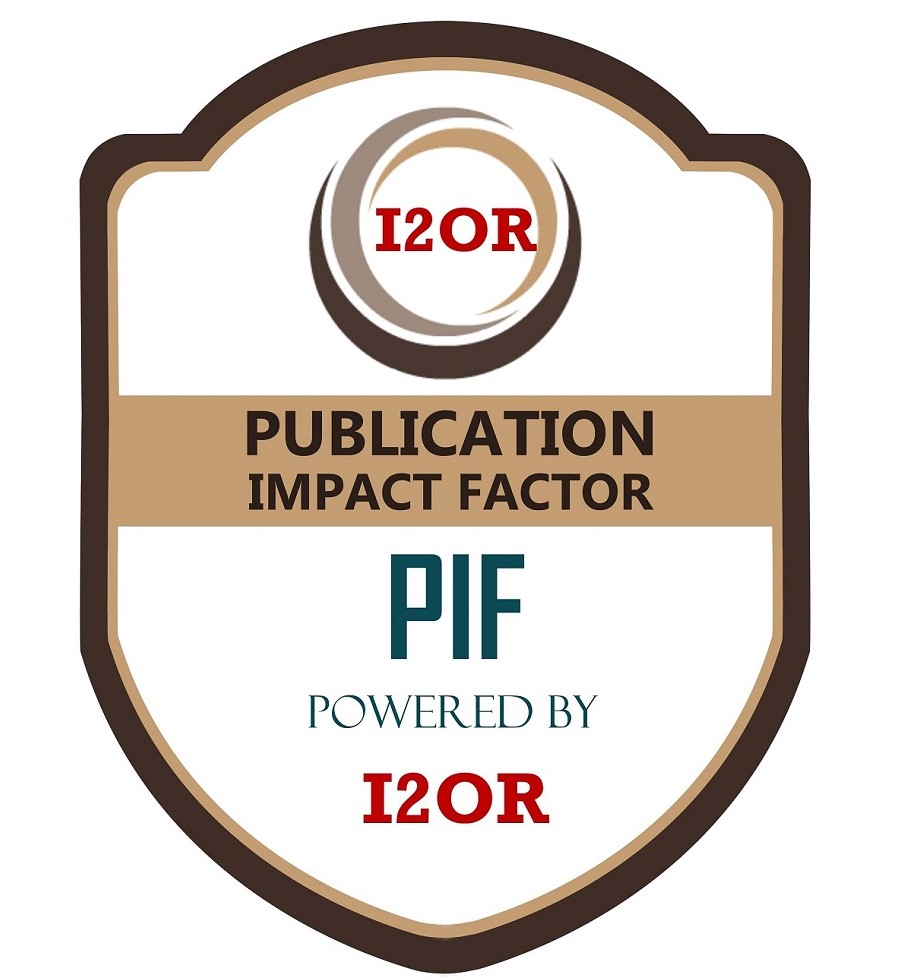IMPACT OF TAX LITERACY ON TAX COMPLIANCES EVIDENCE FROM SALARIED INDIVIDUALS
LAVANYA.G
PES UNIVERSITY
ABSTRACT
In order to fund crucial public services and development projects, governments must collect sufficient amounts of tax income. Understanding the elements that affect taxpayers' compliance behaviour has become more and more popular recently. This study focuses on how tax literacy affects salaried people's decisions about tax compliance. Tax literacy is the level of information and understanding that taxpayers have regarding their rights, obligations, and responsibilities with relation to taxes.
This study examines the impact of tax literacy on salaried people's voluntary tax compliance by drawing on findings from behavioral economics and the psychology of decision-making. With a diversified sample of salaried taxpayers, a mixed-methods approach was used that included both quantitative surveys and qualitative interviews. The research design took into account socioeconomic and demographic variables that can potentially skew the connection between tax compliance and tax literacy.
According to empirical data, tax compliance behaviour and tax literacy significantly positively correlate. Higher tax literacy increases the likelihood that salaried people will declare their income truthfully, take all allowable deductions, and file their taxes on the due date. Qualitative findings also show that taxpayers' judgements of justice, transparency, and faith in the tax system are significantly influenced by their level of tax literacy.
These observations have two ramifications. In order to encourage increased tax compliance, they first emphasise the significance of raising tax literacy among salaried people. Enhancing taxpayer education and awareness programmes can result in better understanding of tax laws, fewer inadvertent mistakes, and a greater sense of accountability. The report also emphasises how tax literacy campaigns could be used by politicians and tax agencies to supplement more conventional enforcement methods.
By offering empirical proof of the real effect of tax literacy on tax compliance behaviour among salaried people, this study adds to the body of current knowledge. This work contributes to the development of effective treatments that encourage voluntary tax compliance by illuminating the mechanisms by which tax literacy affects compliance choices. In the end, a population with greater tax literacy can result in a tax system that is more fair and effective, assuring long-term income production for society as a whole.
KEY WORDS
Tax knowledge, Tax compliance for salaried people, Tax instruction, Tax expertise, Tax sensitivity, IRS guidelines, Tax compliance, and Tax paying instruction







